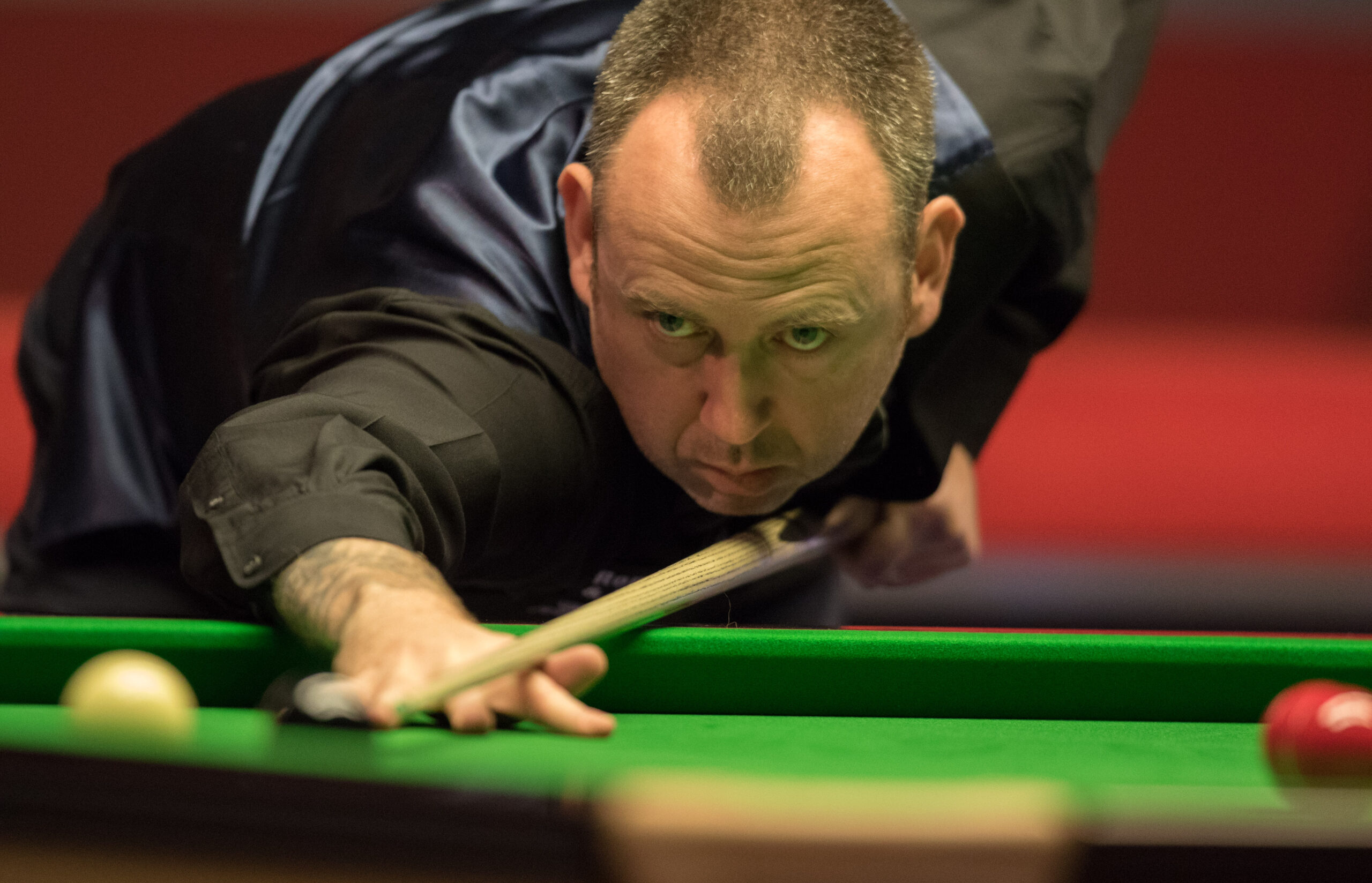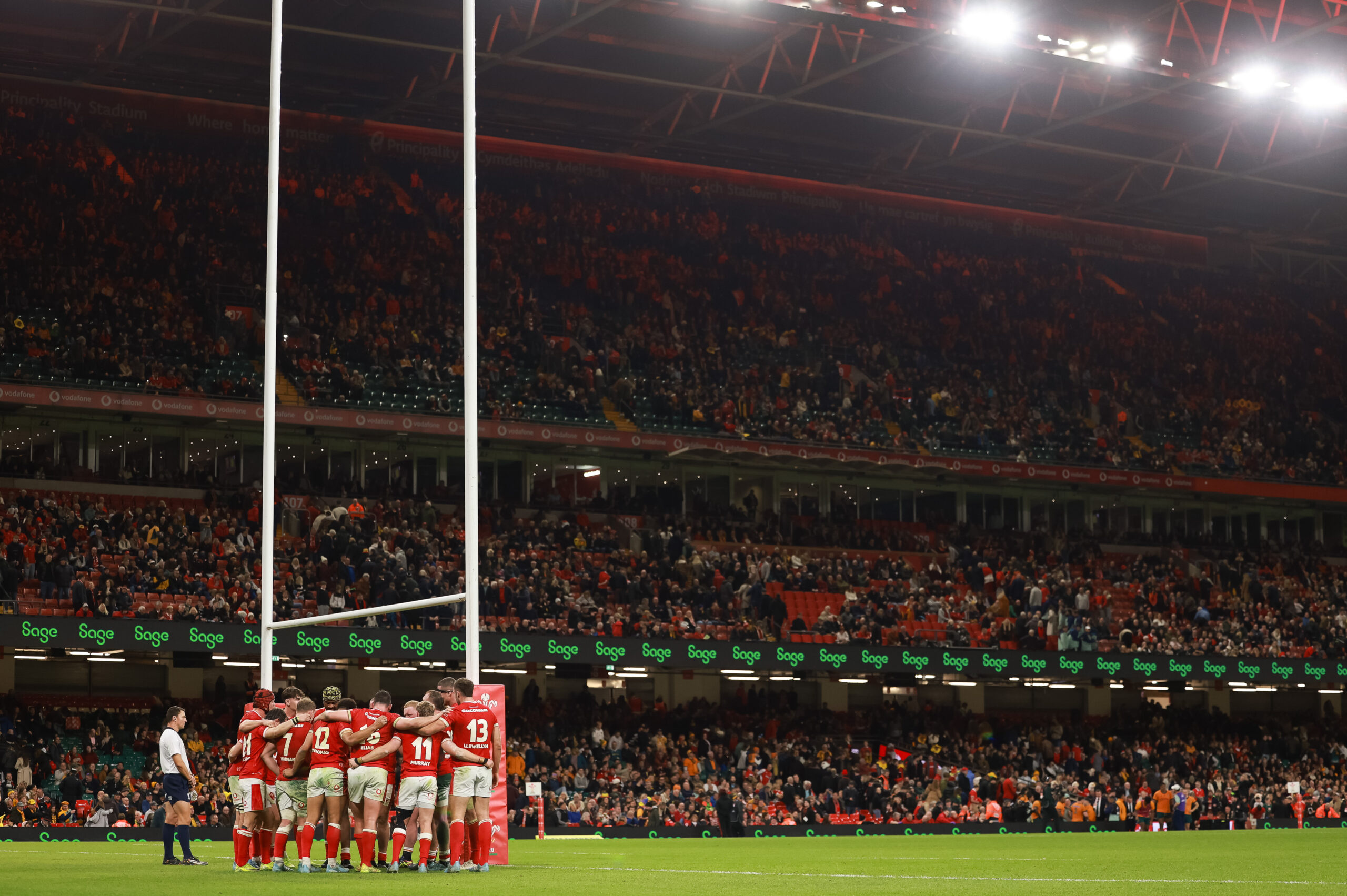What Did We Learn From Wales’ Loss To South Africa?

Carwyn Harris
Few gave Wales much of a hope when they took on the Boks at Twickenham on Saturday.
Facing the back-to-back world champions is difficult at the best of times but with Wales missing more than 15 players through injury and unavailability it was always going to be a tough ask.
The Boks were missing a horde of players too, meaning that the first hour or so became a pretty stilted display.
However, at half-time, Wales were just a point behind and could have had the lead if Mason Grady’s offload to Ellis Bevan had gone to hand or had Sam Costelow succeeded with a third penalty.
There were bright points. Dewi Lake’s ball carrying, epitomised by his opportunistic try, was good to see whilst Liam Williams was brilliant in the air in particular.
The Positives
Why don’t we start with those positives then. Throughout the Six Nations Wales’ physicality was questioned so it was a welcome return to the burly figure of Wales’ captain against the Boks: Dewi Lake.
Yes, the Ospreys man still needs to work on his darts in the lineout but he is one of, if not the, best ball carrier for Wales.
With Elliott Dee injured and Ryan Elias rested, he has an opportunity to stamp his authority on Wales’ number two shirt.
Another who was a welcome return was Liam Williams. Playing outside of his favoured fullback position, Williams oozed class at points particularly in the aerial battle.
It was his interception which led to Bevan’s opportunity, whilst his catch and instantaneous chicken-wing offload to Cam Winnett almost led to another golden opportunity.
With Winnett seemingly assured of his place at fullback and Adams rested, Williams will be a crucial addition to the back three.
Taine Plumtree in the lineout was also impressive, causing trouble for the Boks at set piece. Having not played since Wales’ World Cup warm-up matches, his athleticism and height will be a great addition in a position still up for grabs.
Wales’ grit in the first half was good, managing to swing the momentum towards them after a difficult first 15 minutes, down to 13 at one point.
Wales Slow Starters…Again
Wales started slowly against South Africa, as they did in the first and last games of the Six Nations against Scotland and Italy where they were 13 and 11 points down after 20 minutes.
Against the Boks, the score line was 14-3 with Wales having to spend the best part of 10 minutes down to 13 men with Rio Dyer and Aaron Wainwright in the sin-bin.
Whilst Wales couldn’t cope with the South African’s pace and accuracy for the first try, they were dismantled by the Boks’ power for the second, with only Wainwright’s cynical concession of a penalty denying Marx a walk in from the driving maul.
Ultimately, Wales need to be praised for the way they battled back in the first half but they looked tired in the final 10 minutes, perhaps a consequence of the energy exerted in the first half.
Scrum On Skates
First and foremost, South Africa’s scrum is well-established as the best in the world. When you can call on the likes of Frans Malherbe and Bongi Mbonambi from the bench, you know it must be good.
However, their dominance was emphatic on Saturday.
It doesn’t help when Wales refuse to pick their best scrummaging prop, Nicky Smith, who won several penalties off Malherbe out in South Africa when Ospreys beat Stormers in April.
The scrum was already on roller skates before the changes but on the bench for Wales was Kemsley Mathias and Harri O’Connor with Mathias having conceded the most penalties in the URC this season.
O’Connor came on just before half-time for the limping Keiron Assiratti, and the scrum deficiencies were merely escalated during his time on the pitch.
Defensive Miscommunication
Wales’s defensive structure was caught time and time again narrow with players jumping in.
Liam Williams, Owen Watkin and Mason Grady were all guilty of coming in without managing to get man and ball.
That will of course improve over time. Grady has never played professionally at 12 whilst Williams has been in Japan, missing the Six Nations and hopefully that communication improves during their tour of Australia.
At times it was too easy, but even through the middle Wales were weak.
Edwill van der Merwe showed good footwork when he danced through past Wales’ forwards, but from a Welsh perspective it was too easy.
Kemsley Mathias and Harri O’Connor both appeared tired as they failed to bring the Lions winger down, before the flyer showed good gas to beat the cover and score under the posts.
Unimaginative Attack
In attack, Wales lacked imagination. Former Wales back rowers Gwyn Jones and Sioned Harries on S4C’s coverage often bemoaned Wales’ lack of imagination in attack.
The metronomic regularity with which we saw an individual runner on first phase, be it Aaron Wainwright or Mason Grady, running into midfield without the threat of a dummy runner was, at best, frustrating.
Even within the 22, Wales lacked imagination, simply going around the corner, with Damien de Allende the beneficiary with a crucial turnover on 62 minutes whilst the game was still in the balance.
For an experimental team, there were few innovative tactics or plays on show with Wales seemingly happy to kick long after being stopped on the gainline.
Ill-discipline
Wales’ two early cards were from desperation, however the parade of penalties that followed allowing South Africa to piggy-back their big pack up the pitch was frustrating.
Time after time, Wales were penalised for not rolling away, with Dewi Lake forced to watch on frustratingly on more than one occasion having pilfered the ball only to see one of his teammates punished.
In the end, Wales made it too easy for South Africa at times to gain territory and momentum and in the second half in particular they allowed the Boks to pull away.
Lack Of Depth
Frankly, most Welsh fans would have been aware of this prior to kick-off.
With Mason Grady making his first professional start at 12 in the first half and Jacob Beetham playing 10 off the bench for the first time in his fledgling career, it screamed of a side attempting to put square pegs in round holes.
Not that either performed badly, but both need more experience in those roles to flourish on the international stage.
The hope will be, when the likes of Dafydd Jenkins, Christ Tshiunza, Tommy Reffell, Dillon Lewis and Nick Tompkins return along with a couple of injuries, that Wales will be stronger in the final 20 minutes.
For the time being however, it doesn’t appear Wales have taken many learnings from the Six Nations and their first wooden spoon since 2003.











